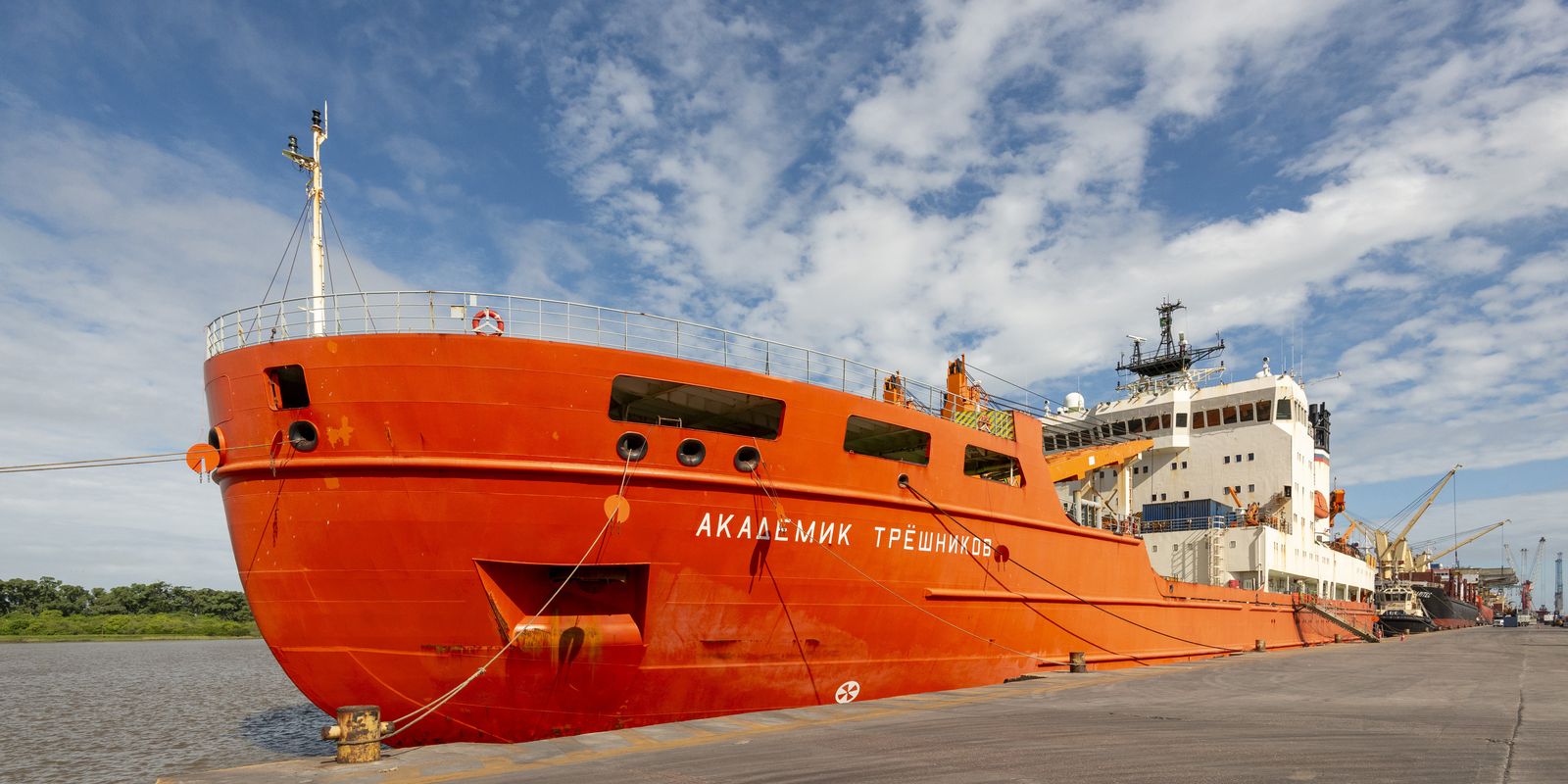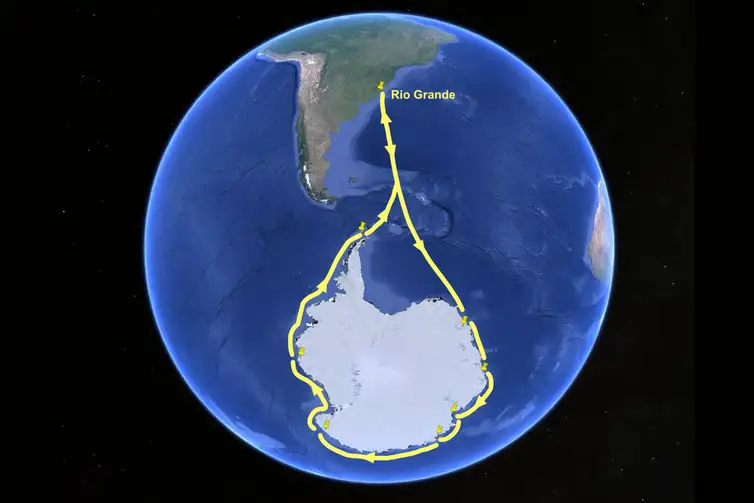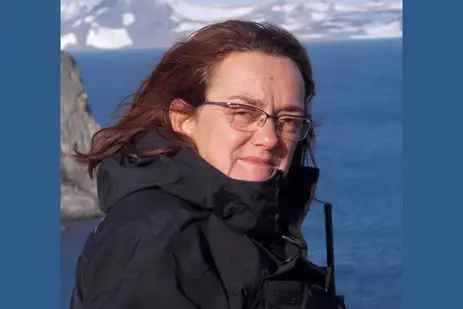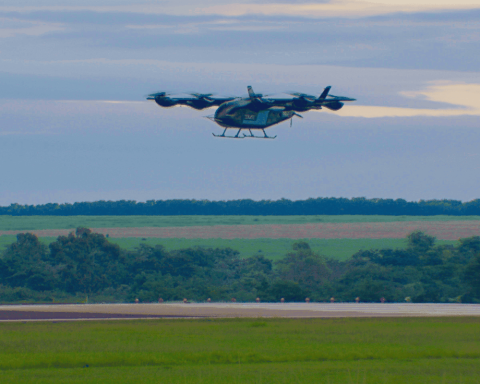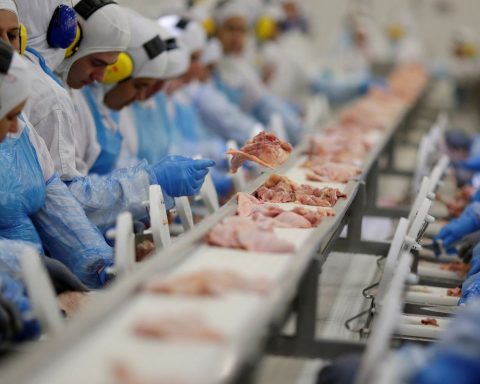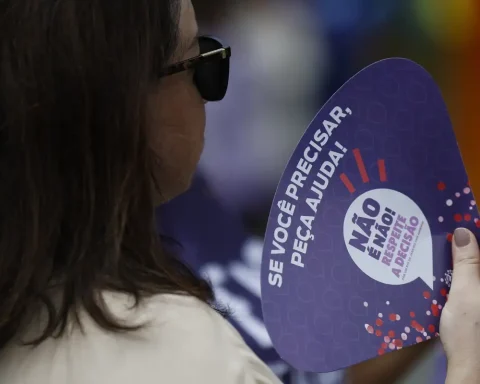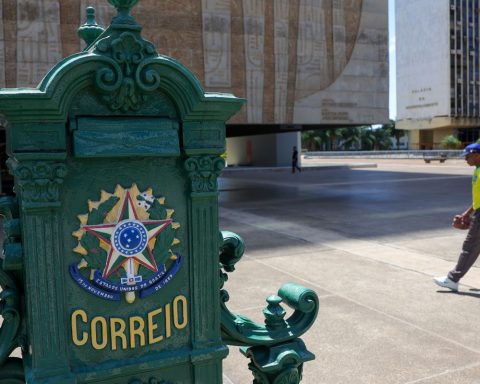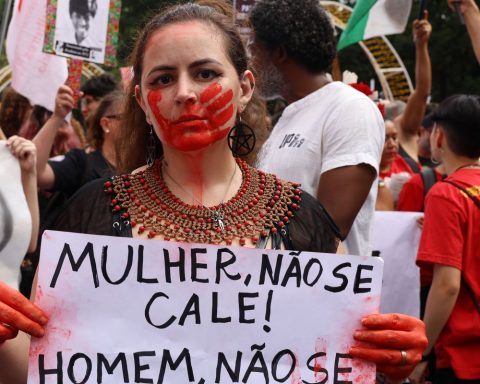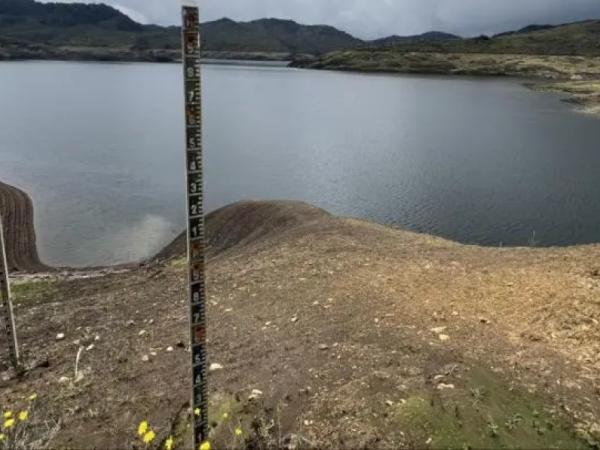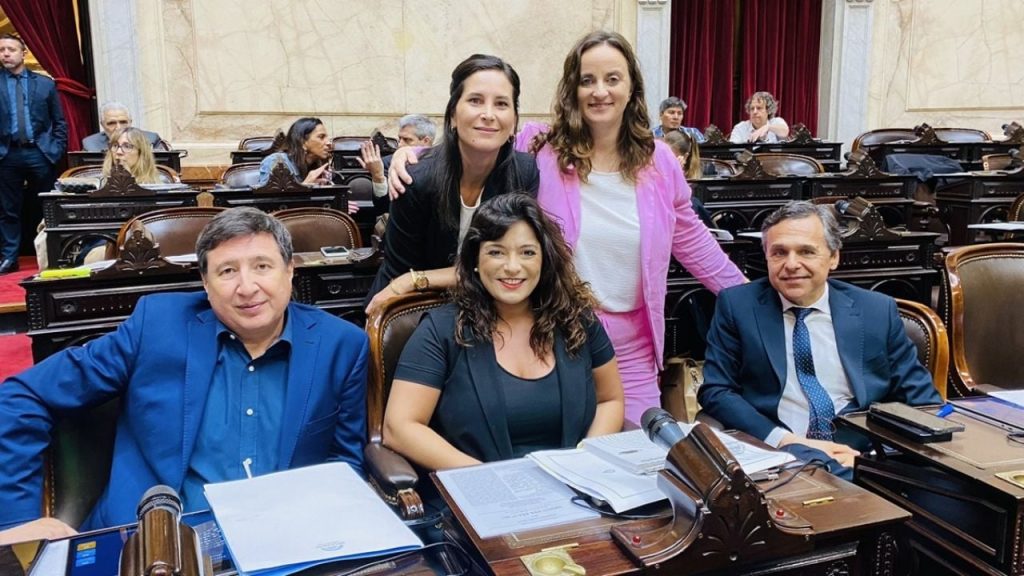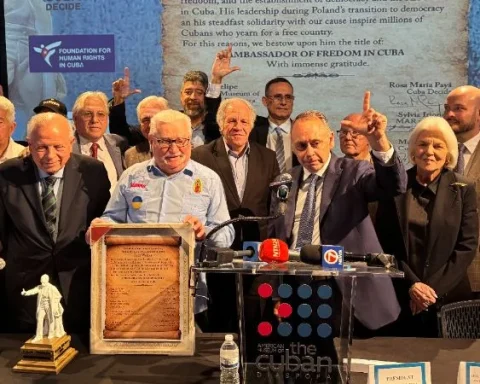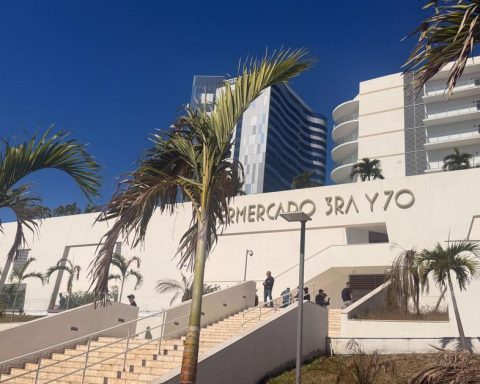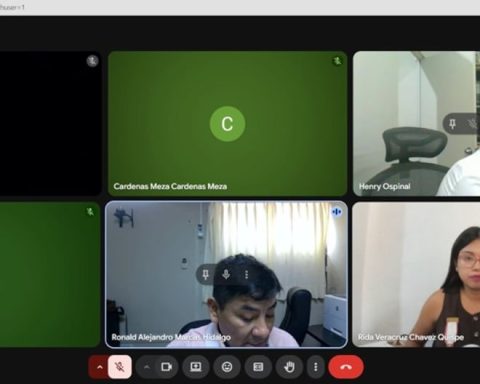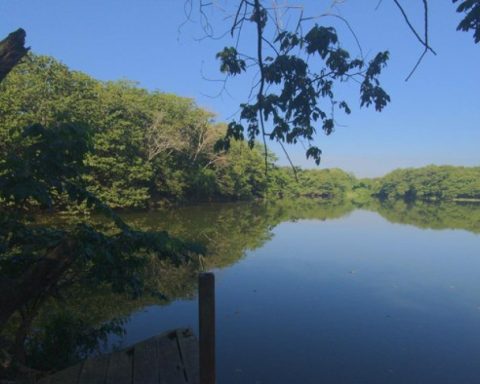Researchers from seven countries, led by Brazil, are about to begin an unprecedented adventure: the circumnavigation of Antarctica. For the first time, scientists will circle the entire frozen continent of the South Pole, covering around 14 thousand kilometers, and collecting samples of ice, water and air, to better understand climate change and the effects of pollution.
The expedition set sail from Rio Grande do Sul on November 22, with 61 scientists, 27 from nine Brazilian public universities and the rest from Russia, China, India, Argentina, Chile and Peru.
The head of the mission is professor at the Polar and Climatic Center at the Federal University of Rio Grande do Sul Jefferson Cardia Simões, an expert in polar geography, who has been to Antarctica a dozen times.
“We are seeing in the two polar regions the most intense, fastest and most widespread climate changes that affect our daily lives,” he said before departure, highlighting the importance of the expedition.
They are all on board the icebreaker of the Russian Arctic and Antarctic Research Institute, one of the few vessels of its type for scientific purposes. At more than 130 meters long, the ship can literally break ice sheets up to 2 meters thick, giving researchers the opportunity to get as close to the coast as possible.
The expectation is that they will begin the circumnavigation by December 4th and continue around the continent until January 12th, when the expedition arrives at Rei Jorge Island, the closest point to South America, where the Antarctic Station is located. Commander Ferraz, of the Brazilian Navy. Researchers must arrive in the city of Rio Grande, in Rio Grande do Sul, between the 23rd and 25th of the same month.
Duties
The teams of scientists have diverse responsibilities, within three main areas: monitoring ice caps, analyzing the continent’s climate and detecting microplastics. The big goal is to better understand what the Antarctic ice sheet was like in the past and how it is responding to climate change and other human actions.
“We have ice shelves floating and that’s where the icebergs break off. But we’ve been observing, for 20 years, that many of these platforms are disappearing, they’re disintegrating. And the warming of the ocean and atmosphere may also be lubricating the Antarctic ice sheet, and this causes the ice sheet to go away. What does this imply? In 200, 300 years, the sea level will rise by 6 to 7 meters. Alegre, for example, goes underwater. It’s a serious hypothesis”, explains researcher Jefferson Cardia.
A group of researchers will collect samples of compacted snow, that is, that fell years ago and that still contain information about those times. Another will collect water samples to measure the concentration of microplastics and other pollutants. In addition, the continent’s air will be constantly analyzed for atmospheric research, and the expedition will take measurements of polar caps and icebergs, to measure the speed at which glaciers melt and how this can increase sea levels.
Scientific partnership
In addition to the 61 researchers who will be on the ship, there are dozens of others providing support on land. Rosemary Vieira, a professor at the Institute of Geosciences at Universidade Federal Fluminense, one of the coordinators of the university team, is in constant contact, via email and WhatsApp, with two researchers who are part of the expedition. Their mission is to collect samples of sediments from the seabed that are in suspension. If conditions are favorable, they will also bring terrestrial samples.
“Sediments are great archives that store information about these changes, both those that are ongoing and those that occurred in the past. Various analyzes are applied and generate data on environmental and climatic conditions that may have occurred thousands of years ago to the present” , explains Rosemary.
All this material can help science understand which direction the planet is taking, but also explain issues that affect us today. “Despite its polar position, and apparently far from other continents, Antarctica is vital for life on the planet, and yes, it has impacts on our daily lives. It is one of the main climate regulators and what happens in Antarctica has an impact across the planet. If we look at the map, the continent and the sea ice area have contact with all the oceans. In Brazil, the rainfall regime and temperatures, which are so important in food production, are directly linked to what happens. in Antarctica”, explains the UFF professor.
According to expedition coordinator Jefferson Cardia Simões, a great lesson has already been taught. “The issue of science diplomacy. That is, solving mutual problems, with mutual interests, through cutting-edge science, through international cooperation. It is a challenge to coordinate scientists from seven countries, with five different languages, certainly different cultures and habits. But we can work together.”
